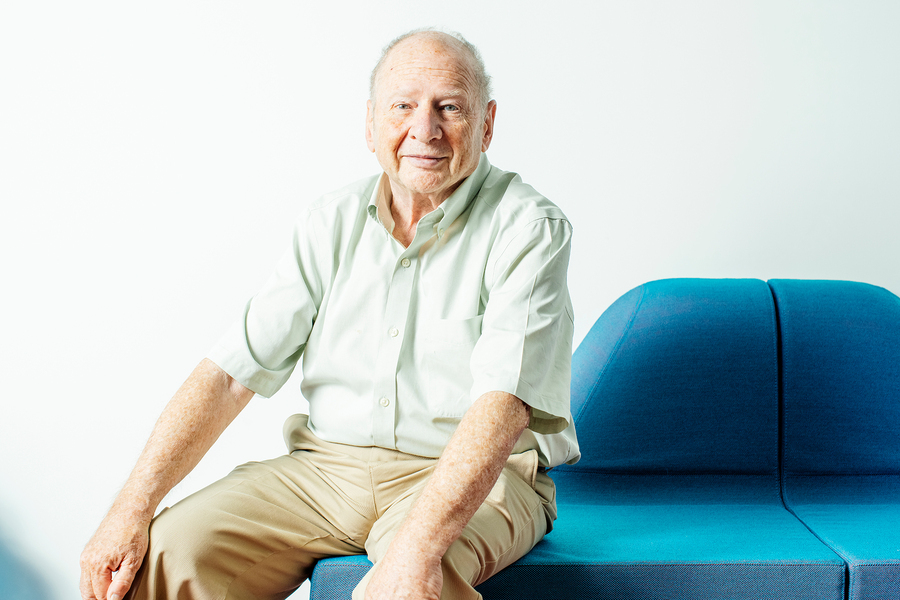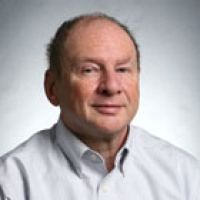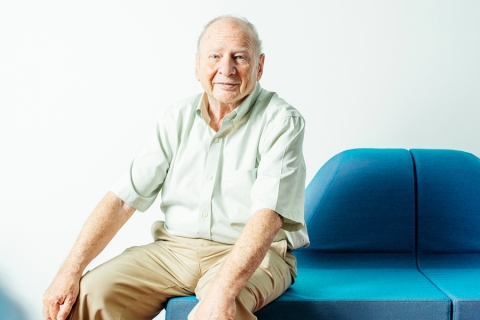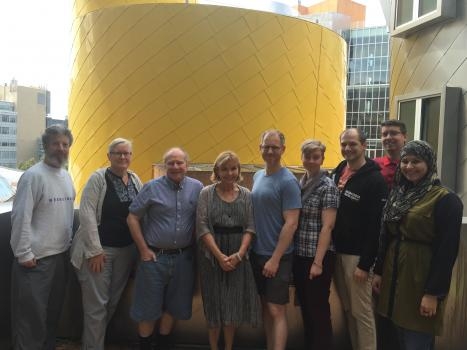Hal Abelson, MIT Class of 1922 Professor and CSAIL principal investigator, has received the 2025 Lifetime Achievement Award for Excellence from Open Education Global for helping make information technology more accessible worldwide. “Hal Abelson’s work promotes knowledge of all forms as a public good,” notes the organization in a public statement. “Hal’s work has focused on communities working together to advance and support knowledge.”
Currently, Abelson is spearheading MIT App Inventor, enabling anyone to create original mobile apps using a simple drag-and-drop interface. The platform now has over 20 million registered users and has helped create 100 million projects. He also codirects the MIT Internet Policy Research Initiative, which fosters collaboration between policymakers and technologists to improve the trustworthiness and effectiveness of the Internet. While leading these initiatives, the MIT professor maintains a broad focus on information technology and policy.
Abelson’s legacy in global education extends back to 1969, when he started at MIT and began to break down the inner workings of computers. He’s used computation as a teaching framework for both engineers and novices alike, even helping implement the first programming language for children, called “Logo,” across personal computers. The clever educational tool allowed users to program how a turtle moves to help them learn coding skills. Abelson later wrote a book about Logo, walking users through the beginner-friendly language further. In 1981, co-wrote Turtle Geometry with Andy diSessa, where you follow an imaginary turtle across a computer screen as you explore mathematical concepts.
The longtime MIT educator has also inspired countless students via the introductory programming class 6.001, “Structure and Interpretation of Computer Programs,” which he developed and taught with fellow MIT professor Gerald Jay (Jerry) Sussman. The course ran from 1980 to 2007, emphasizing computing fundamentals such as abstraction and programming language design. Nowadays, he teaches MIT course 6.4590, “Foundations of Information Policy,” focusing on the intersection of law, policy, and technology.
These impactful efforts to explain computing only scratch the surface of Abelson’s work. He’s helped set up MIT institutional educational technology initiatives such as MIT OpenCourseWare, expanding access to educational materials and kickstarting the global open education movement. He also assisted with MIT’s Open Access policy, laying the groundwork for transparency and accessibility of research across academic institutions.
Abelson’s determination toward open information-sharing extends to Creative Commons, a legal and cultural framework for which he was a founding director. It allows knowledge to be freely shared and reused, while staying within the bounds of copyright law. He was also a founder of the Free Software Foundation and the Public Knowledge non-profit, supporting users’ freedom to use, modify, and distribute software and communications tools.
“Hal Abelson’s impact is not only foundational — it is enduring,” says press representatives from Open Education Global, where Abelson is a founding board member. “His work continues to inspire new generations of open education advocates, technologists, and policymakers. He has helped build a global ecosystem of open for the public good that is collaborative, sustainable, and impactful — one that values shared stewardship, continuous improvement, and community-driven innovation.”
Abelson is also a Fellow of the IEEE, was designated as one of MIT's six inaugural MacVicar Faculty Fellows, and has previously received MIT’s Bose Award and the IEEE Computer Society’s 1995 Taylor L. Booth Education Award. He earned the 2012 ACM Special Interest Group on Computer Science Education Award for Outstanding Contribution to Computer Science Education and the 2011 ACM Karl Karlstrom Outstanding Educator Award. His latest honor comes from Open Education Global, a worldwide community that seeks to transform education systems everywhere by fostering a movement foregrounding openness in all aspects of education.



